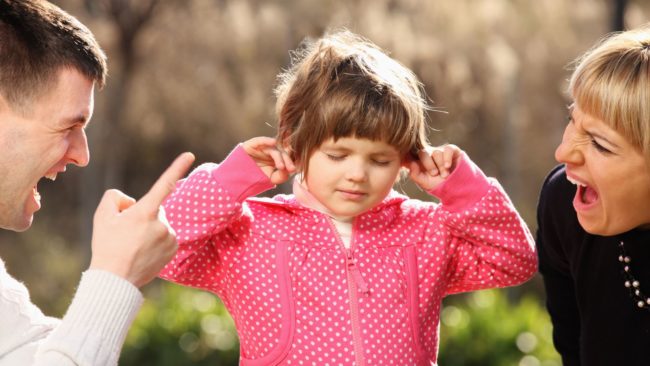
Being a dad can be filled with frustrations and irritations. Sometimes, in those moments you may start to lose your temper and raise your voice. However, shouting has been shown by a Harvard study to be as detrimental to children as hitting.
What effect does shouting have?
Kids can drive parents crazy; they’re difficult, demanding, and sometimes misbehave. There are times when all parents feel like screaming in to a pillow! However, by keeping communication calm, no matter how stressful the situation is, the long-term outcome will be better for all concerned.
Shouting at kids causes:
- aggressive behaviours in children
- low self-esteem
- trauma comparable to physical punishment
- a stressful home environment
- a fear of doing something wrong.
For example, a toddler can’t tell the difference between being shouted at for doing something wrong, and being despised by the parent. A teenager can tell the difference, but also won’t respond well to an aggressive stance from parents, and may end up feeling distanced from them.
‘Shouting at children together with verbal putdowns and insults could be qualified as emotional abuse,’ says Debbie Pattison, Clinical Lead at Spurgeons. ‘A child is unable to learn when a parent/caregiver is shouting at them as their brain perceives this as threatening. This is known to have long term effects on a child and can result in the child developing anxiety, sleep difficulties, low self-esteem, depression and increased anger and/or aggression.’
By shouting, parents are not modelling calm/ positive reactions to tricky situations, or helpful communication. Shouting at younger children can also frighten them.
Of course, children need to still be taught right from wrong, and sometimes a telling off is necessary.
So, how can you avoid shouting, and what’s a better approach?
Recognise what sets you off
Is it when you feel disrespected? Not listened to? Exhausted? Try and notice the triggers for shouting in a bid to stop your buttons being pressed.
Realise that young children aren’t aiming to annoy you
…even when it can really feel like it! They are more likely to be flexing their independence and finding their way in the world, by making mistakes.
Aim to use calm language
Shouting raises the stress levels of the situation for all involved. Instead, intend to approach it with calm yet firm words.
If you need to, take a time out
When things have become angry between you and your child and you feel yourself wanting to shout, take 5-10 minutes away from them to calm down. This can also help their feelings de-escalate too. If your child is under 8, they might want you to be near their room- perhaps the other side of the door- while you both take a moment. Younger children can often become tearful and upset over a disagreement, and if they do, you can step back in and comfort them.
Remember that kids are young, and figuring life out
Try and recall what it was like to be a child, making sense of everything around you. As a teenager, we thought we knew it all, but we really didn’t! Our children are going through the same experiences we did, making mistakes along the way. Remembering this can help ease your frustration at their behaviour and understand their actions more.
‘We all need to feel valued and shouting at a child can make them feel devalued, inadequate and question their capabilities,’ says Debbie. ‘Furthermore, this interferes with our connection and bonding to the child, creating conflict and disconnection between you. The child may feel defiant ,defensive and disconnected from you. Peaceful and calm communication helps a chid to feel safe and makes them more open to the message we are trying to convey to them.’
Feeling stressed? Why not come and chat to other dads on our forum?







